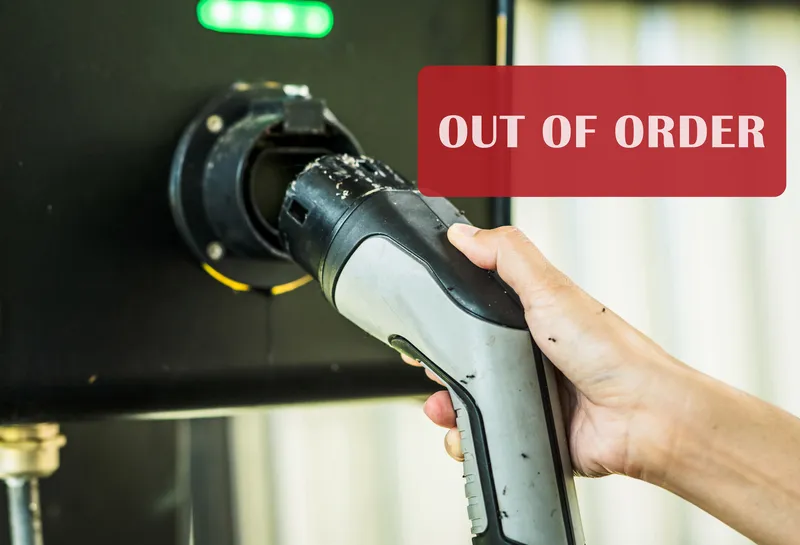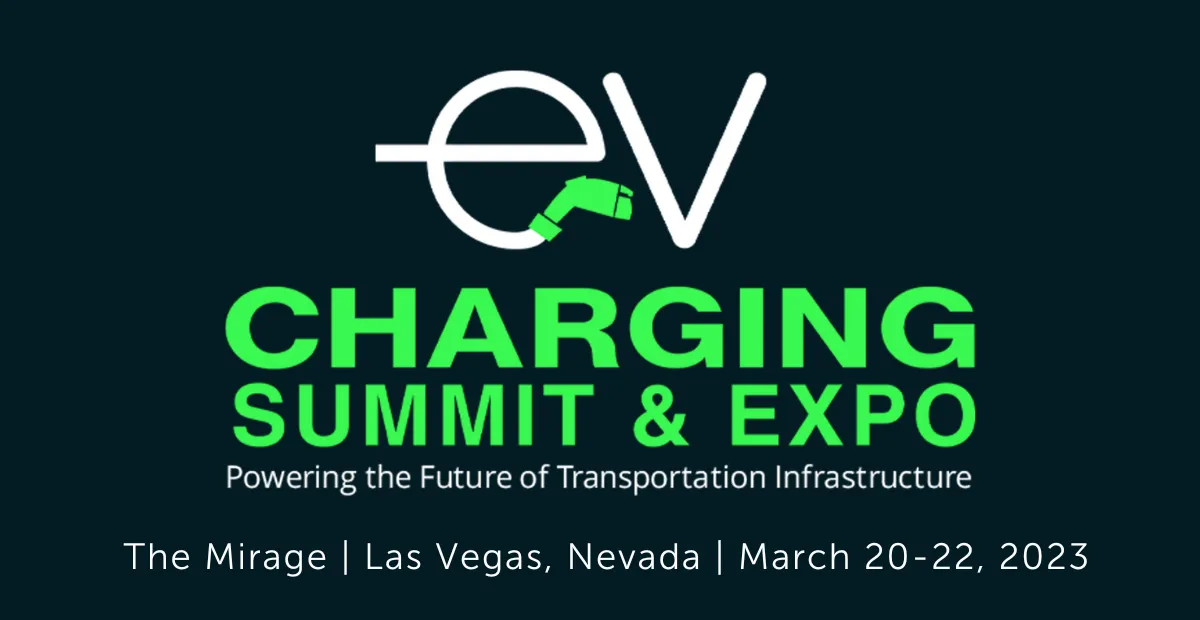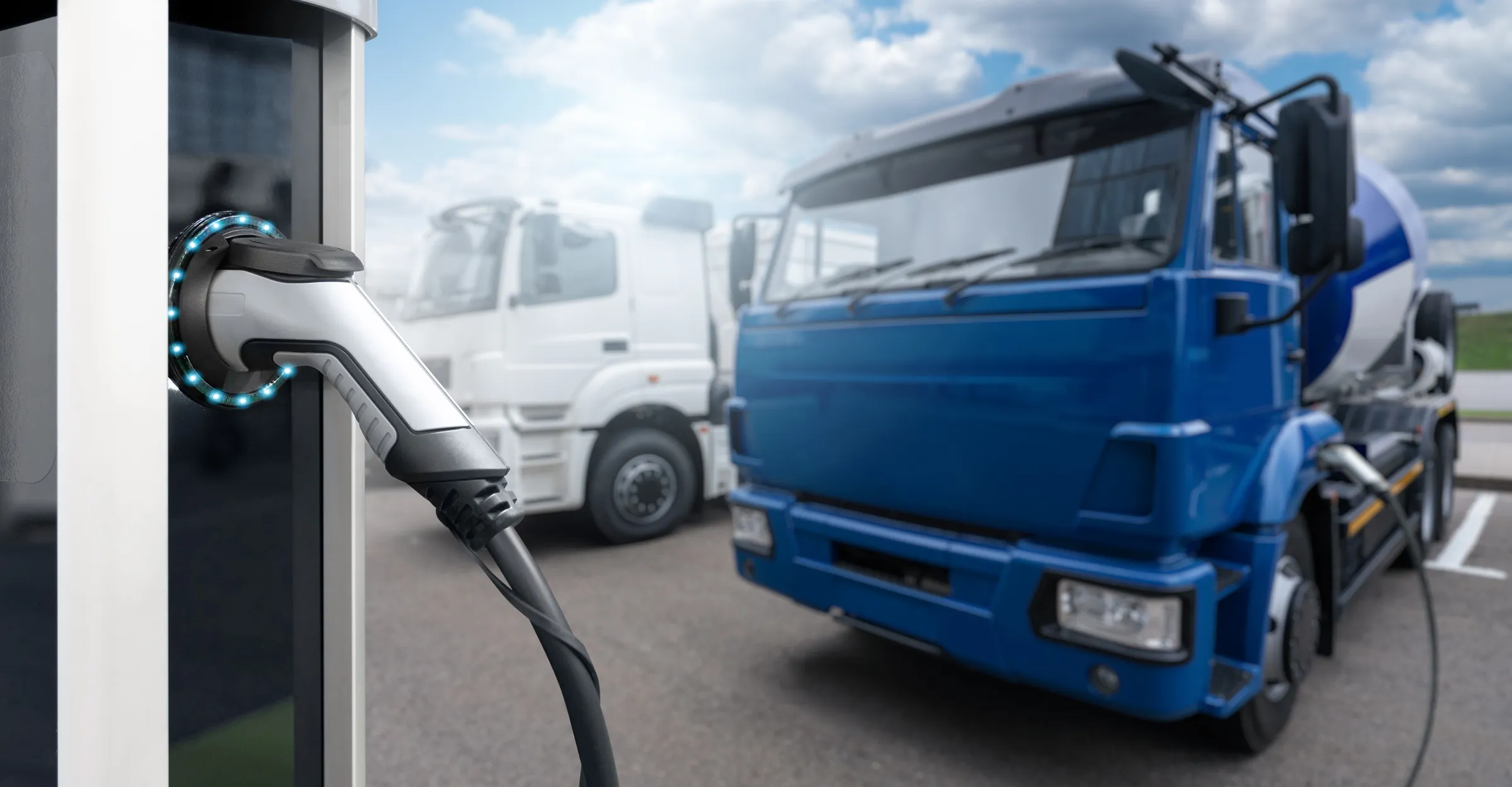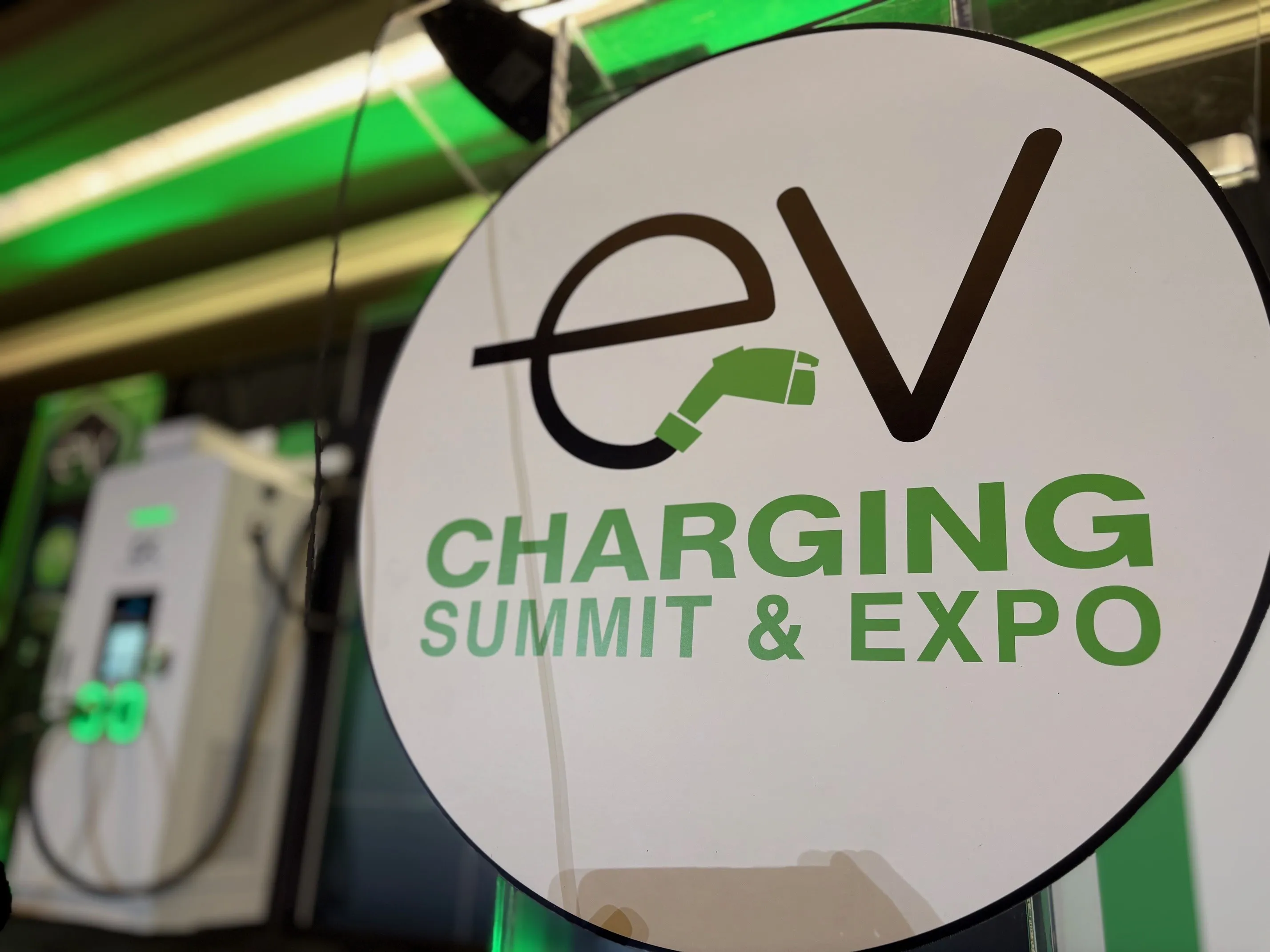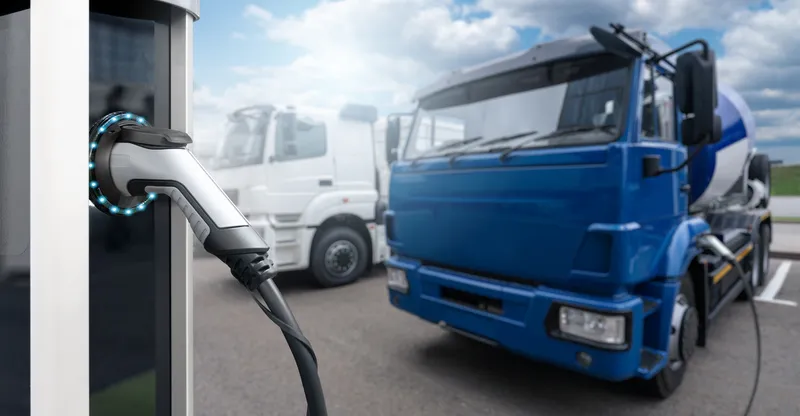
BSI has released updated standards designed to accelerate the shift to zero-emission road freight, following Innovate UK’s announcement of a plan to establish 54 new infrastructure hubs across the UK for EV charging and hydrogen refuelling for heavy goods vehicles (HGVs).
The three updated standards, published by BSI in its capacity as the UK national standards body, address a wide range of technology enablers, from design to operational safety and workforce upskilling. This work has been commissioned by DfT and BSI has worked in partnership with Connected Places Catapult.
Innovate UK’s plan was announced during the Zero Emission HGV and Infrastructure Demonstrations (ZEHID) programme progress summit in London, UK, on March 6. The £200m ZEHID programme will see hundreds of zero-emission HGVs deployed alongside a network of 54 planned charging and fuelling hubs across the UK, enabling eHGV charging and hydrogen refuelling.
In the UK, over 80% of domestic goods were transported by road in 2022, with the majority carried by HGVs. Currently, these vehicles account for around 18% of the UK's domestic transport greenhouse gas emissions. To meet the Government's Net Zero Strategy, this will need to fall to zero by 2050.
Over the past two years, BSI has worked in partnership with Connected Places Catapult and a wide range of stakeholders across the road freight and energy industry, to help address some of the key challenges towards the transition to zero exhaust emission vehicles. A Strategic Advisory Group—comprising truck manufacturers, hauliers, charging operators, trade associations, government agencies, and highway authorities—guided prioritization to ensure relevant and timely development of standards.
Extensive industry engagement led to the identification of areas where new standards could play a crucial role in supporting industry towards the zero-emission transition - the implementation of electric charging and hydrogen refuelling infrastructures, and the protocols for inspection and maintenance of vehicles.
The three standards include:
• Design and implementation of publicly accessible charging sites for battery electric HGVs (BSI Flex 2071 2.0) offers essential guidelines for the design, safety, and accessibility of charging stations tailored specifically for HGVs. It provides practical recommendations for conducting risk assessments, optimizing site layouts, and implementing safety measures.
• Workshops and protocols for inspection and repair of battery electric and hydrogen-fuelled Heavy-Duty Vehicles (BSI Flex 2072 v1.0) provides comprehensive guidance on the safe maintenance of battery-electric and hydrogen-fuelled HGVs. To ensure vehicles are properly inspected and repaired, it is essential to upskill technicians and workshop staff, given the specialized expertise required. The Society of Operational Engineers has integrated Flex 2072 into the updated IRTEC qualification, to support the next generation of skilled technicians.
• Design and implementation of mobile and static hydrogen refuelling sites (BSI Flex 2073 v1.0) provides vital guidance for designers and operators of both mobile and static hydrogen dispensers, ensuring safety, reliability, and efficiency across different service levels and fuel grades. It is the world’s first code of practice for refuelling sites for hydrogen-fuelled heavy-duty vehicles.
Nick Fleming, director of transport & mobility at the BSI, said: "Our standards programme has focussed on working with industry and wider stakeholders to develop standards that will help to ensure the infrastructure, good safety practices and facilities for Zero-Emission HGVs and Heavy Vehicles are in place to support their future scaling and deployment.
“With decarbonization of the road freight sector playing such a critical role in reducing the UK's emissions from transport, this programme has highlighted the importance of standardization and we see exciting opportunities to both share knowledge with and to learn from the likes of the van, bus and coach sector, who face similar challenges in the transition to net zero.”





